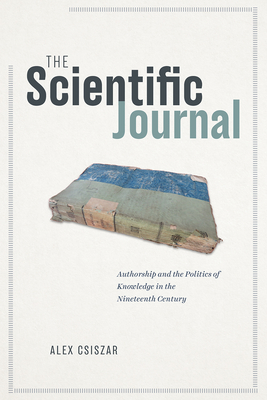Expedite your nonfiction book discovery process with Readara interviews, summaries and recommendations, Broaden your knowledge and gain insights from leading experts and scholars
In-depth, hour-long interviews with notable nonfiction authors, Gain new perspectives and ideas from the writer’s expertise and research, Valuable resource for readers and researchers
Optimize your book discovery process, Four-to eight-page summaries prepared by subject matter experts, Quickly review the book’s central messages and range of content
Books are handpicked covering a wide range of important categories and topics, Selected authors are subject experts, field professionals, or distinguished academics
Our editorial team includes books offering insights, unique views and researched-narratives in categories, Trade shows and book fairs, Book signings and in person author talks,Webinars and online events
Connect with editors and designers,Discover PR & marketing services providers, Source printers and related service providers

The Scientific Journal: Authorship and the Politics of Knowledge in the Nineteenth Century
Science > History
- University of Chicago Press
- Paperback
- 9780226752501
- 9.02 X 5.98 X 0.87 inches
- 1.26 pounds
- Science > History
- (Single Author) Asian American
- English
Readara.com
Book Description
The Scientific Journal tells the story of how that changed. Alex Csiszar takes readers deep into nineteenth-century London and Paris, where savants struggled to reshape scientific life in the light of rapidly changing political mores and the growing importance of the press in public life. The scientific journal did not arise as a natural solution to the problem of communicating scientific discoveries. Rather, as Csiszar shows, its dominance was a hard-won compromise born of political exigencies, shifting epistemic values, intellectual property debates, and the demands of commerce. Many of the tensions and problems that plague scholarly publishing today are rooted in these tangled beginnings. As we seek to make sense of our own moment of intense experimentation in publishing platforms, peer review, and information curation, Csiszar argues powerfully that a better understanding of the journal's past will be crucial to imagining future forms for the expression and organization of knowledge.
Author Bio
Alex Csiszar studies the history of science in modern Europe. He publishes primarily on the history of communications media and information technology in the sciences. His work asks how formats and genres -- newspapers, journals, books, and databases — have evolved in conjunction with changes in how groups come to know things about the natural world, and in the criteria they use to trust the knowledge claims of others.
His first book, The Scientific Journal: Authorship and the Politicsl of Knowledge in the Nineteenth Century (2018) follows the rise of the modern scientific journal in Western Europe, focusing on the changing relationship between authorship and scientific identity, transformations in systems of judgement, and developing notions of trust and public accountability. It is the first book to attempt to explain how being an investigator of the natural world came, by the early twentieth century, to be identified closely with being a very particular kind of author. He is currently writing a book titled Rank and File: From the Literature Seach to Algorithmic Judgment. See a recent piece on the early history of citation metrics here: "Gaming Metrics Before the Game: Citation and the Bureaucratic Virtuoso."
The Scientific Journal is now available in paperback.
Source: Harvard University
Community reviews
No Community reviews






